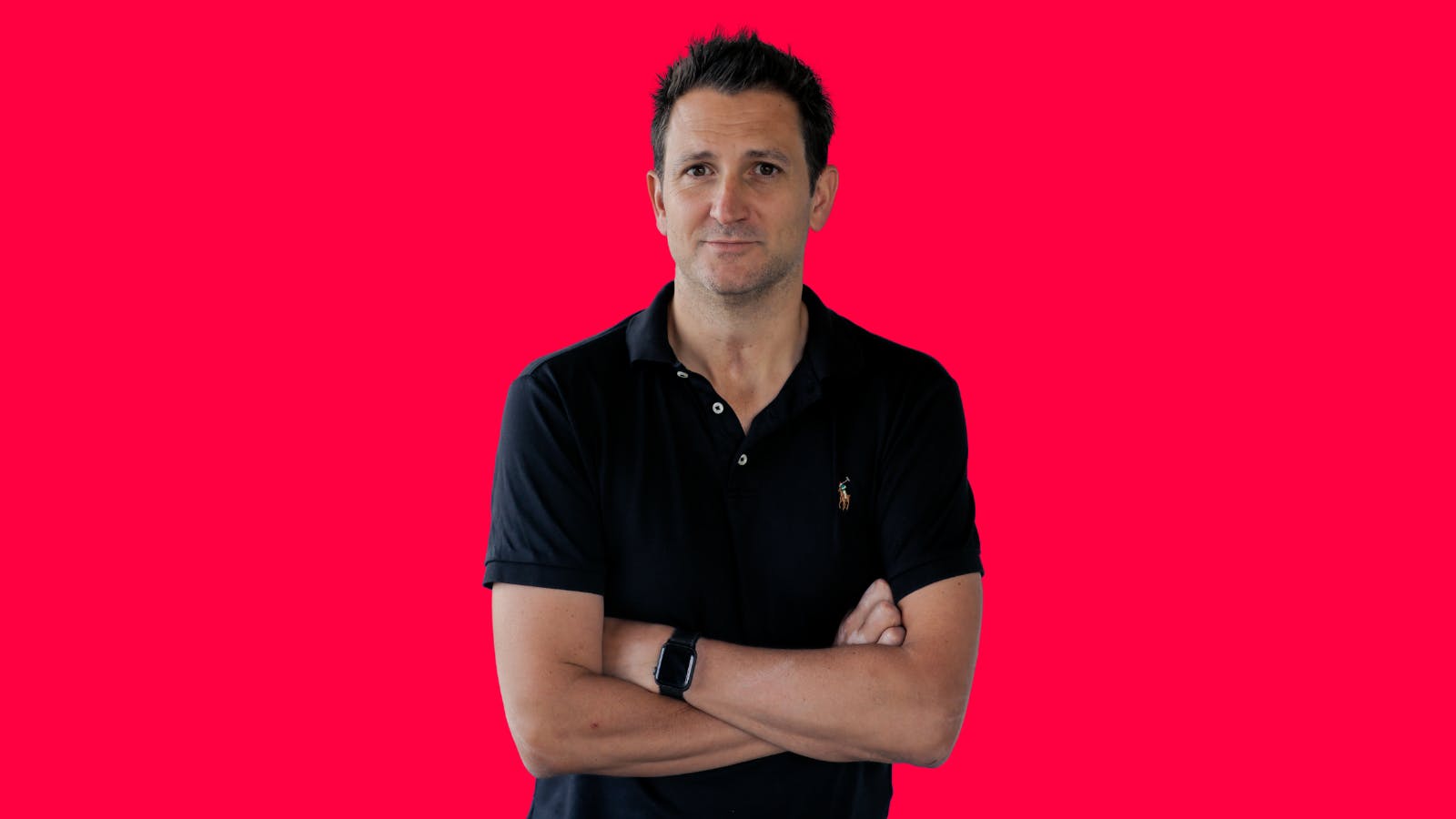One of the biggest names in email marketing is Mailchimp, which grew so rapidly in the noughties and 2010s thanks to its commitment to designing for smaller businesses. Those early days of digital may seem a distant memory, but email is still the cornerstone of many a marketing department.
We caught up with Jim Rudall, Head of EMEA at Intuit Mailchimp to ask him about which emails he opens, which he unsubscribes from, and whether the hyperbole around GenAI is justified.
Econsultancy: As a consumer, which marketing emails do you open and why? Which brands?
Jim Rudall: As a consumer, I will only open emails from brands I’ve subscribed to and willingly shared my details with.
I always check the subject line first to decide if it’s promotional or informative. If it’s promotional, it depends on the brand and the time of day. If it’s a brand I love, I’ll open it at a convenient time to check out the offer. For informative emails, I quickly assess the content and the level of personalisation before deciding whether to read it immediately or save it for later. The standout brands that catch my eye? Arsenal, Hugo Boss, The England & Wales Cricket Board and various restaurants!
E: What are your personal bugbears in email marketing?
JR: My personal bugbears in email marketing are receiving too many emails from the same brand in too short a time frame.
I also, like most people, dislike when emails lack relevance or personalisation, and particularly if they’re marketing products I’ve already purchased. Another one is receiving promotions for items that are out of stock or are not available in my size preference —this is an easy fix for retailers but often missed. I also can’t stand clickbait tactics such as misleading subject lines.
E: What does personalisation mean to you, as a consumer and a Mailchimp GM?
JR: Personalisation is so important, and it’s something we’re super focused on at Mailchimp. As a consumer, it’s key because it’s how companies we choose to share our information with make the best use of the data we’ve given them to add value to our day-to-day lives. This is a real opportunity and responsibility! If I have shared personal information such as my age, birthday, and preferences around expenditure, then I would be disappointed if they didn’t make really good use of that data to create great tailored messaging just for me.
As a Mailchimp GM, it’s about helping our customers achieve impact in acquiring or growing their customer base through use of data at scale. At the core of this is enabling them to create deep and meaningful relationships with their customers. This can be achieved through marketing comms delivered through automations and customer journeys which are relevant at an individual level. It is also important to use complimentary tools alongside email, such as SMS, to reach customers exactly where they want to be reached with a multi-channel marketing strategy.
E: Where do you see hyperbole around GenAI, and on the other side of the coin, where do you think the tech is being underestimated?
JR: I don’t think the discussion around the potential impact of GenAI as a positive benefit to society is hyperbole, in fact I think it’s often understated. At Intuit we believe that AI represents the most transformative technological shift to ignite innovation across every industry since the invention of electricity and the internet.
GenAI is democratising powerful technology for small and mid-sized businesses, who don’t typically have access to that kind of power, and we’re hearing from our customers how important this is to their business as they reach their goals and scale upwards. Of course, the responsible and safe development and application of AI is vital to build trust, and we take these checks and balances very seriously.
E: CRM platforms can do so much – which brands/companies do you see with the most sophisticated programmes and strategy?
JR: I’ve been working in ecommerce and martech for over a decade now, and the pursuit of true data-driven personalisation at scale has been the holy grail of brands for even longer than that. I’m confident that in time AI will allow brands to achieve the levels that they’ve been striving for if they use the right tools to do it. In the meantime, I think Sephora does a great job of using personal beauty profiles and browsing/purchasing data to send quality customer comms and tailor in-store promotions.
Of course, Spotify with the data they have and the machine learning work they have done has enabled them to do an incredible job of tailoring music recommendations to their listeners.
E: What has inspired you recently outside of work?
JR: I’ve been incredibly impressed and inspired by the work of Zoe and their mission to empower individuals to truly understand their individual body chemistry and gut health. I recently went through the testing phase and was blown away by the insights in the report and the personalised nutrition advice I received.
The work Zoe is doing is also building an enormously powerful repository of insights on human health and nutrition which, when it reaches a certain scale, could revolutionise how the world thinks about nutrition. I think this is really exciting and certainly one to keep an eye on.
Econsultancy members can access our range of Email Marketing Best Practice Guides. Find out more about our training in digital marketing, email and beyond, as well as our bespoke marketing academies and digital benchmarking.


Comments